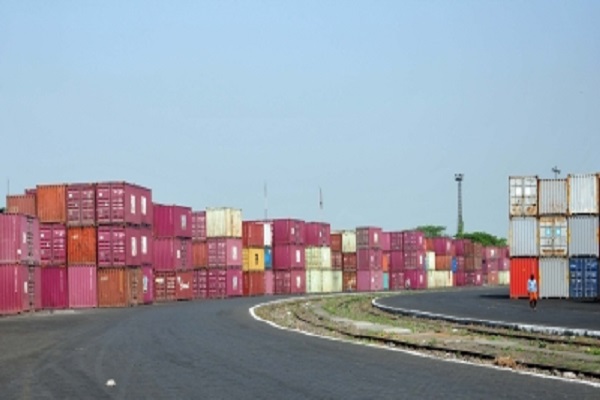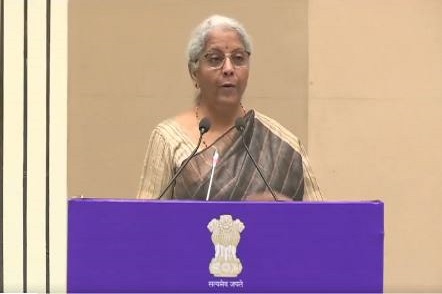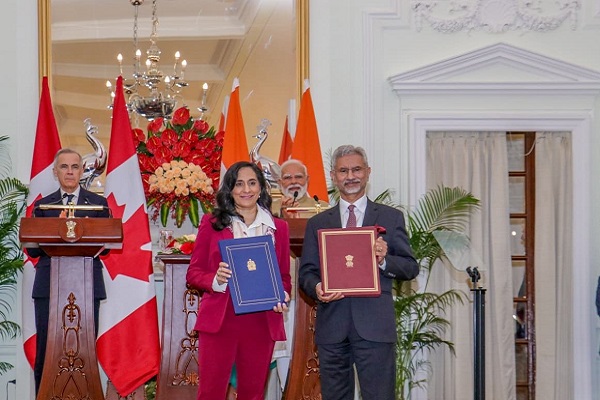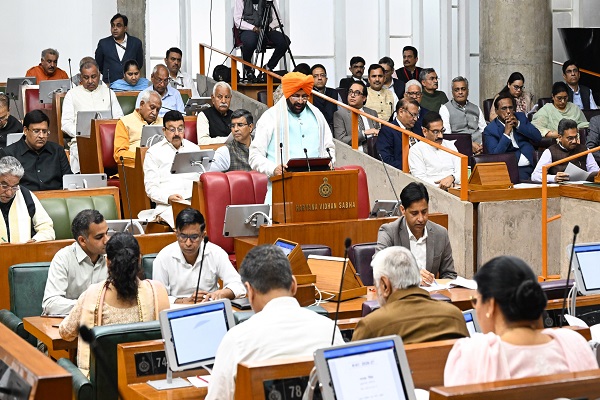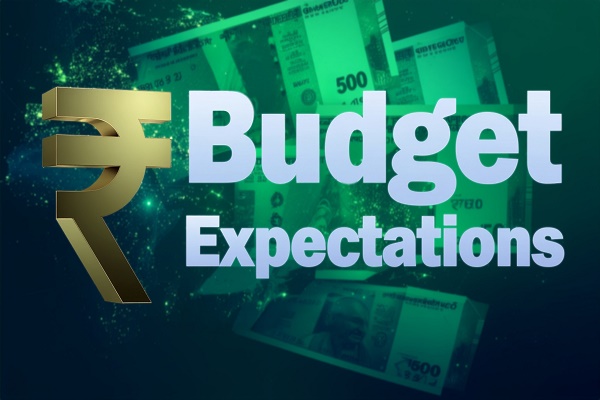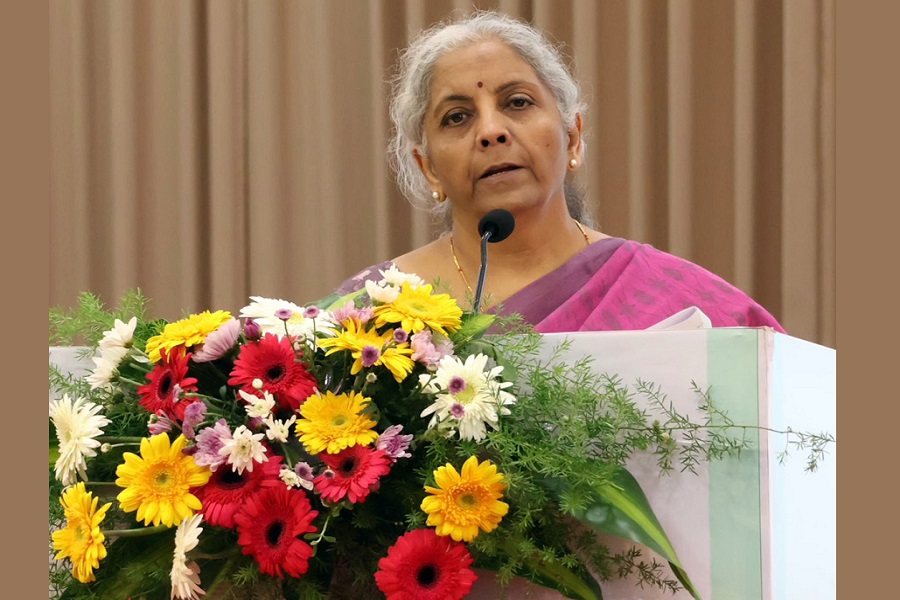A Budget for employment generation

The 2024-25 Budget, unveiled by Finance Minister Nirmala Sitharaman on Tuesday, strategically aims to boost India's economic landscape, focusing on job creation, fiscal consolidation, and infrastructure development.
It reflects the government's resolve to build a resilient economy capable of withstanding global challenges.
This Budget not only aims to stimulate growth across diverse sectors, but also includes a comprehensive plan prioritising the welfare of the underprivileged, women, youth, and farmers (Garib, Mahila, Yuva, and Annadata), aligning with the goal of inclusive economic development.
One of the standout features of the Budget is its robust emphasis on creating employment opportunities. It actively encourages the involvement of the private sector in conjunction with governmental efforts to enhance job prospects.
The notable initiatives include subsidies for the first month's wages, internships in the top 500 companies, and covering EPFO contributions to increase employment, and support women, which is expected to significantly impact job growth.
The Budget also cements India's position as a burgeoning hub for startups by easing the angel tax and doubling the cap for Mudra loans to Rs 20 lakh per individual.
These measures are designed to nurture entrepreneurship and provide a fertile ground for startups, thus promoting innovation and contributing to economic expansion, and making India the No 1 startup hub globally.
Skill development is addressed as a crucial component for economic growth, with the budget introducing innovative strategies for skill enhancement across various levels of the workforce. This focus is expected to bridge the skill gap and enhance employability.
Highlighting the demographic potential of India, the budget includes targeted measures to boost female participation in the workforce. Initiatives such as setting up working women’s hostels and childcare facilities are aimed at empowering women economically and facilitating their active involvement in the labour market.
Infrastructure development has been the sine qua non of PM Modi government’s long-term economic strategy for the past 10 years and remains so. The budget proposes a sweeping plan for both urban and rural development, designed to transform cities into growth engines and ensure comprehensive development of rural areas. This includes significant projects across sectors such as transportation, housing, and sanitation.
The allocated capital expenditure of Rs 11.1 lakh crore, or 3.4 per cent of GDP, represents the highest investment in infrastructure in the past 26 years, underscoring the government's commitment to this sector.
Fiscal consolidation has been a consistent theme over the past 10 years and continues with this budget. The fiscal deficit is projected to decrease to 4.9 per cent in FY25, down from 5.1 per cent in the interim budget, with further reduction planned for the following year. This fiscal prudence is achieved without modifications to the existing tax structures, ensuring a stable tax environment conducive to improving India’s credit rating.
Further enhancements to the taxation system are evident in both direct and indirect taxes. The budget proposes more attractive terms for the new tax regime, including higher deductions and broader, lower tax slabs. Indirect tax changes aim to support domestic manufacturing, address rate inversions, and simplify the overall tax process. Adjustments to the capital gains tax structure have also been introduced to streamline taxation and encourage investment.
Environmental sustainability and climate finance are other critical areas addressed by the budget, recognising the importance of ecological considerations in sustainable economic planning. The government views these initiatives as crucial for ensuring that economic progress does not compromise environmental goals. Technology plays a pivotal role in all major governmental initiatives, with the budget emphasizing its importance in achieving sustainable development goals.
The FY2024-25 Budget lays down a robust blueprint for India's future economic direction. It balances economic growth with fiscal discipline and social welfare, ensuring a stable foundation for sustainable development.
The Budget's strategic focus on job creation, infrastructural investment, and fiscal consolidation is poised to significantly shape India's economic landscape in the coming years, steering the country towards achieving the vision of Viksit Bharat by 2047. Through these measures, the budget ensures long-term growth and resilience.
(Ashish Kumar Chauhan is the Managing Director and CEO of the National Stock Exchange)

